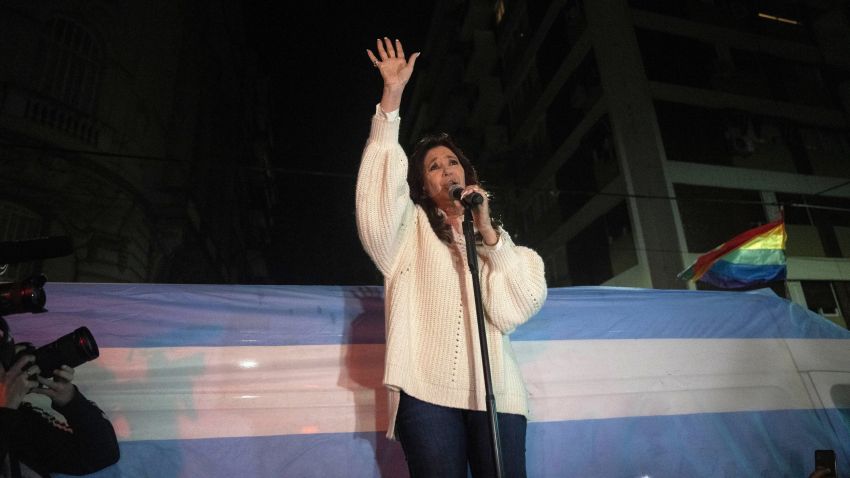Last week, Argentina’s political powerhouse, Vice President Cristina Fernandez, suffered one of her most serious legal blows to date. She has faced a mountain of legal cases over the years on charges of money laundering, bribery and other forms of corruption. But none of them made it as far as the so-called Vialidad trial—Spanish for, roughly, “public road maintenance”—in which prosecutors last week asked a judge to sentence her to 12 years in prison and ban her from serving in public office for the rest of her life. She denies the charges and, in fact, has once again managed to turn a legal peril into a political win, at least for now.
The prosecution alleges that the Fernandez and her late husband, former President Nestor Kirchner, colluded with accomplices to illegally direct massive amounts of funds for public works to a private company belonging to friend. The scheme allegedly started when Kirchner became president in 2003 and continued until the end of Fernandez’s own presidential term in 2015, and was reportedly led by Lazaro Baez, a former bank clerk in the Patagonian province of Santa Cruz, where the Kirchners launched their political careers. Baez established a construction company that received nearly 80 percent of all road contracts in Santa Cruz, but completed just 27 out of 51 projects.
In addition to the vice president, Baez and former public works minister Julio de Vido have also been indicted in the case, along with another 10 people. The lead prosecutor, Diego Luciani, accuses Fernandez of leading a criminal conspiracy that cost the country an estimated $1 billion, declaring the alleged plot “the biggest corruption maneuver that this country has ever known.”

